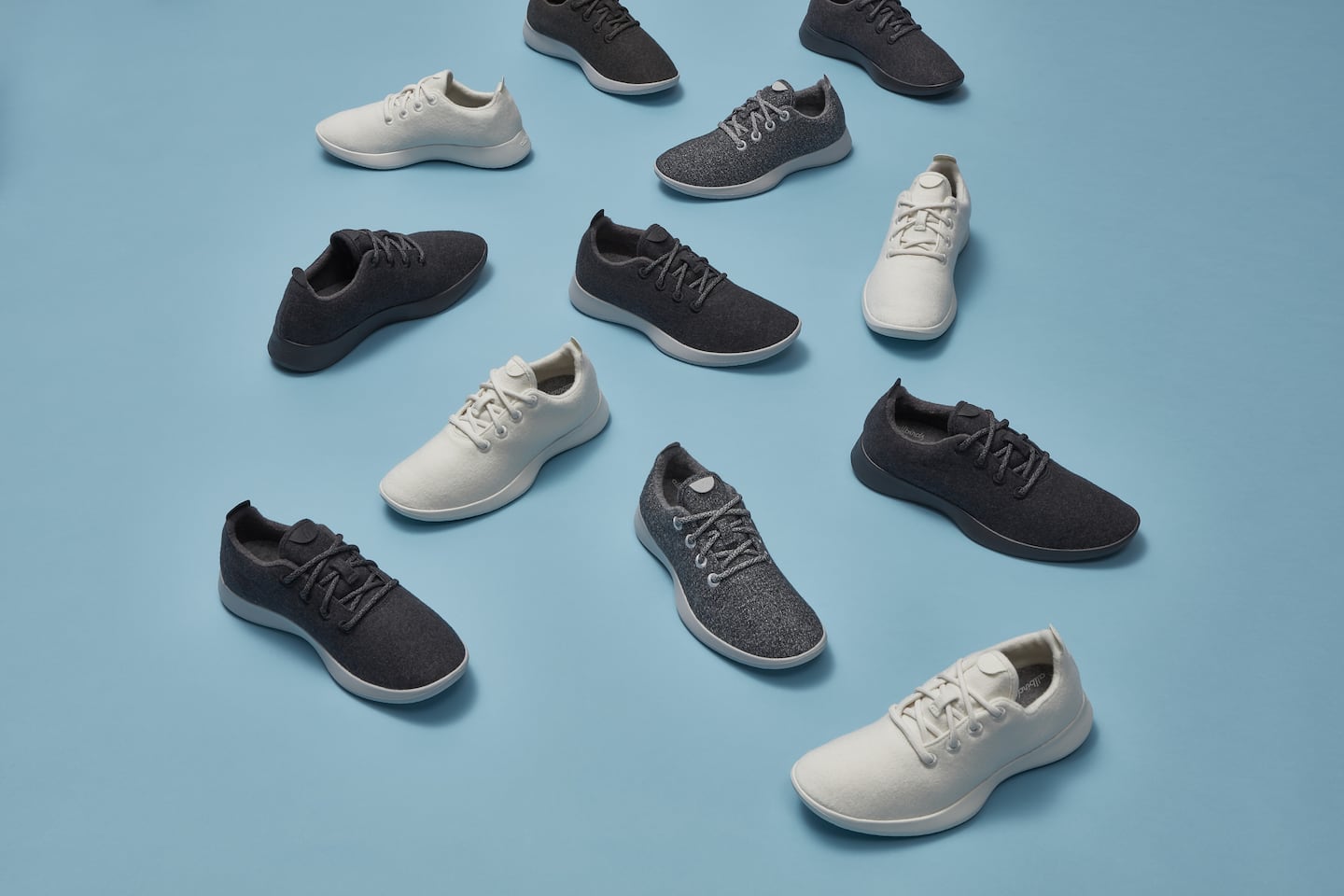
The Business of Fashion
Agenda-setting intelligence, analysis and advice for the global fashion community.

Agenda-setting intelligence, analysis and advice for the global fashion community.

SAN FRANCISCO, United Staes — Tech-bro shoemaker Allbirds is calling out Amazon.com Inc. for copying a pair of its $95 sneakers made from fine merino wool and selling them for one-third the price, the latest brand backlash against the world's biggest online retailer.
Allbirds Inc. Co-Founder Joseph Zwillinger says Amazon should mimic its eco-friendly materials as well if it's going to mimic the look of its trendy sneaker.
“We are flattered at the similarities that your private label shoe shares with ours, but hoped the commonalities would include these environmentally-friendly materials as well,” Zwillinger wrote in a Medium post Monday, offering help in securing the materials. An Amazon spokeswoman declined to comment.
Allbirds is the latest brand to take a swipe at Amazon, which has launched more than 1,000 private-label products — from furniture and tortilla chips to phone chargers and adult diapers. Williams-Sonoma Inc. last year sued Amazon, alleging that one of its private-label orb chairs was "strikingly similar" to one sold by its own West Elm brand.
ADVERTISEMENT
Amazon maintains private-label products represent a small percentage of its overall sales and are necessary to make sure customers can find the products they're looking for. Some brands are skittish about selling products on Amazon since fakes flourish on the site and they worry Amazon controls too much of the customer relationship. Nike Inc. is the latest brand to stop selling directly to Amazon, preferring to pursue a direct to consumer strategy.
Democratic presidential candidate Elizabeth Warren has proposed prohibiting Amazon from competing against the third-party merchants that generate most of the company’s sales.
By Spencer Soper; editors: Jillian Ward, Robin Ajelloc and Alistair Barr
As the German sportswear giant taps surging demand for its Samba and Gazelle sneakers, it’s also taking steps to spread its bets ahead of peak interest.
A profitable, multi-trillion dollar fashion industry populated with brands that generate minimal economic and environmental waste is within our reach, argues Lawrence Lenihan.
RFID technology has made self-checkout far more efficient than traditional scanning kiosks at retailers like Zara and Uniqlo, but the industry at large hesitates to fully embrace the innovation over concerns of theft and customer engagement.
The company has continued to struggle with growing “at scale” and issued a warning in February that revenue may not start increasing again until the fourth quarter.